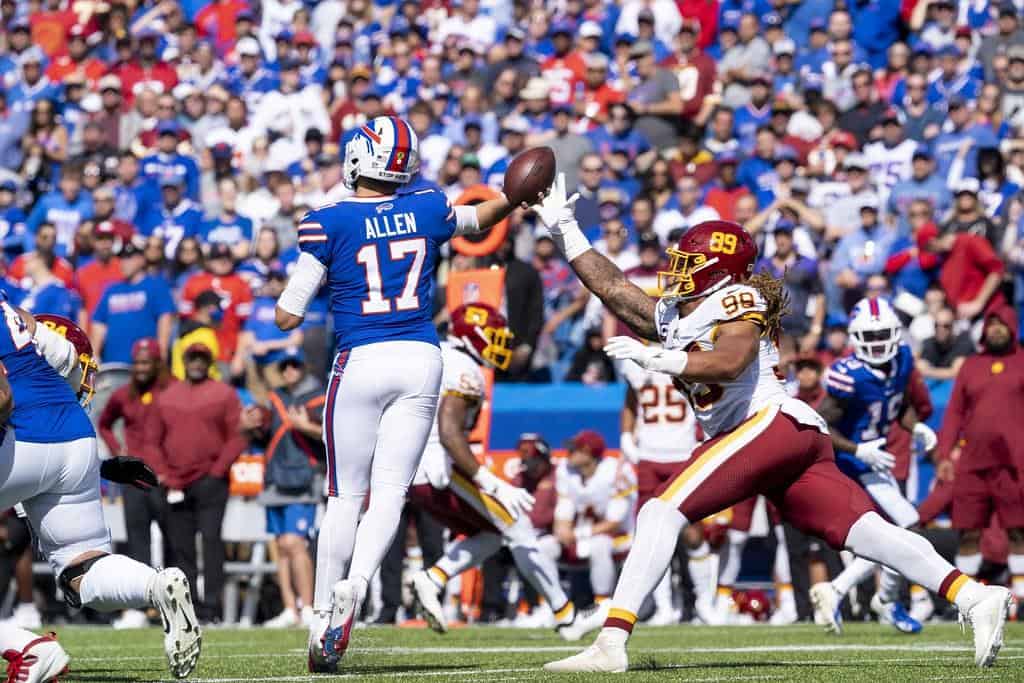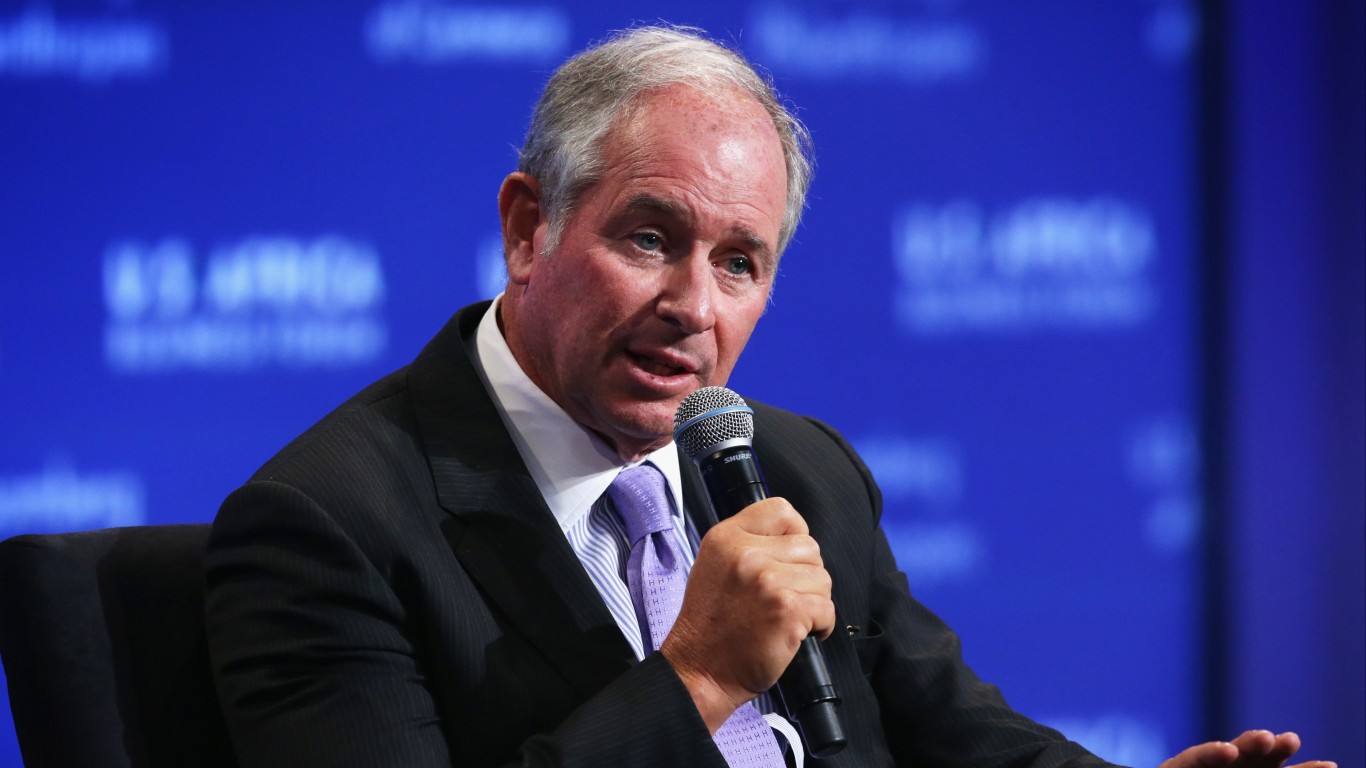
The NFL season starts Thursday night with the defending Super Bowl champion Kansas City Chiefs hosting the Baltimore Ravens. Are you ready for some football? I know I am.
Of course, the NFL, being the NFL, also likes to make headlines off the field in the boardrooms of corporate America. So, its Aug. 27 vote and announcement that it is allowing its 32 teams to sell up to 10% of their ownership to an elite group of private equity firms handpicked by the league.
The NFL is many things, but stupid it is not. It knew private equity was chomping at the bit to own a piece of the world’s most valuable sports league. Now, these firms can get a foot in the door.
“A firm can buy as much as 10% of a team, or little as 3%. No single fund can invest in more than six teams, and the minimum hold period for each investment is six years. Funds must have at least $2 billion in committed capital, and no one team can represent more than 20% of a single fund,” Sportico reported.
Just as the private equity industry was eager to break into the NFL, I’m sure regular football fans are willing to own a piece of these investment firms.
Here are three you can buy now to own a very tiny slice of an NFL franchise.
24/7 Wall Street Insights
- Ares Management (ARES) has the money to buy 10% of multiple teams.
- Sixth Street Specialty Lending (TSLX) will likely work with its alternative asset manager affiliate and founder to invest.
- Blackstone (BX) and its other consortium members are looking for the end zone.
- If you’re looking for some stocks with huge potential, make sure to grab a free copy of our brand-new “The Next NVIDIA” report. It features a software stock we’re confident has 10X potential.
Ares Management (ARES)

Ares Management (NYSE:ARES) is one of four entities approved by the NFL to invest in one or more NFL teams. The alternative asset manager has a market cap of over $45 billion.
Ares has $447 billion in assets under management (AUM) divided across five operating groups: Credit ($323.1 billion), Real Assets ($67.7 billion), Private Equity ($24.6 billion), Secondaries ($26.3 billion), and Other Businesses ($5.5 billion).
There are two ways Ares could attack this.
The first is for its Private Equity business to invest directly in one or more NFL teams. It could end up with a 10% interest in six different teams. Based on Sportico’s $190 billion valuation of all 32 teams combined—an average of $5.94 billion per team—it would cost Ares $3.56 billion at a bare minimum for 10% stakes in six teams.
With nearly $25 billion in AUM in its Private Equity business, this maxed-out investment would account for more than 10% of those assets.
A more likely scenario would be a combination of direct equity and debt for investment through its Credit business, the largest of its five operating groups.
Either way, it’s doubtful it would make such a significant commitment given the six-year minimum hold and no voting power. One or two teams are probably the most it would buy into.
Its shares are up nearly 400% over the past five years.
Sixth Street Specialty Lending (TSLX)

Sixth Street Specialty Lending (NYSE:TSLX) is tiny by comparison with a market cap of $1.96 billion.
It is a business development company (BDC) that lends to middle-market companies across the U.S. through senior secured loans, mezzanine financing, and unsecured loans and investments in corporate bonds and equity securities.
Since the BDC launched in July 2011, it has originated nearly $38 billion in loans and equity in middle-market companies. As of the end of June, its debt and equity investments were $3.32 billion across 105 companies and four structured credit investments.
How could Sixth Street manage the transaction size required to buy 10% of one team, let alone six? Its adviser is an affiliate of privately owned alternative asset manager Sixth Street, whose AUM is north of $75 billion.
I don’t think there’s any question that the two entities working together could create a fund to hold future NFL investments that would be attractive to institutional investors. In both cases, TSLX and Sixth Street would invest alongside their investor partners.
In the meantime, TSLX has a yield of over 10%, so if you’re an income investor, you gain some nice income while dreaming about NFL ownership.
Blackstone (BX)

Blackstone (NYSE:BX) is the world’s largest alternative asset manager with a market cap of $171 billion and AUM of $1.08 trillion.
Blackstone is part of a consortium that also includes Carlyle Group (NASDAQ:CG), CVC Capital Partners (OTCMKTS:CVCCF), Dynasty Equity, a sports investment firm, and Ludis Capital, run by former New York Jet running back Curtis Martin.
Between Blackstone, Carlyle, and CVC, the trio has over $1.7 trillion in AUM, making it abundantly clear that the consortium likely intends to take six 10% positions in the near term, waiting for the rules to change to buy more of one club.
In the meantime, Blackstone generated $1.3 billion in distributable earnings in Q2 2024 and $5.1 billion over the last 12 months. Of the $1.07 trillion AUM, 75% is fee-earning, while 25% is perpetual capital, which means there is no specific timeframe for holding an investment.
While Blackstone has handily beaten the S&P 500 over the past five years, it has underperformed its long-time rival, KKR & Co. (NYSE:KKR), which has gained 371% over the same period.
If you want to be an indirect part of NFL team ownership, Blackstone should be at the top of your list. It will play a big part in whatever transactions happen in the months and years ahead.
Are You Ahead, or Behind on Retirement? (sponsor)
If you’re one of the over 4 Million Americans set to retire this year, you may want to pay attention.
Finding a financial advisor who puts your interest first can be the difference between a rich retirement and barely getting by, and today it’s easier than ever. SmartAsset’s free tool matches you with up to three fiduciary financial advisors that serve your area in minutes. Each advisor has been carefully vetted, and must act in your best interests. Start your search now.
Don’t waste another minute; get started right here and help your retirement dreams become a retirement reality.
Thank you for reading! Have some feedback for us?
Contact the 24/7 Wall St. editorial team.





